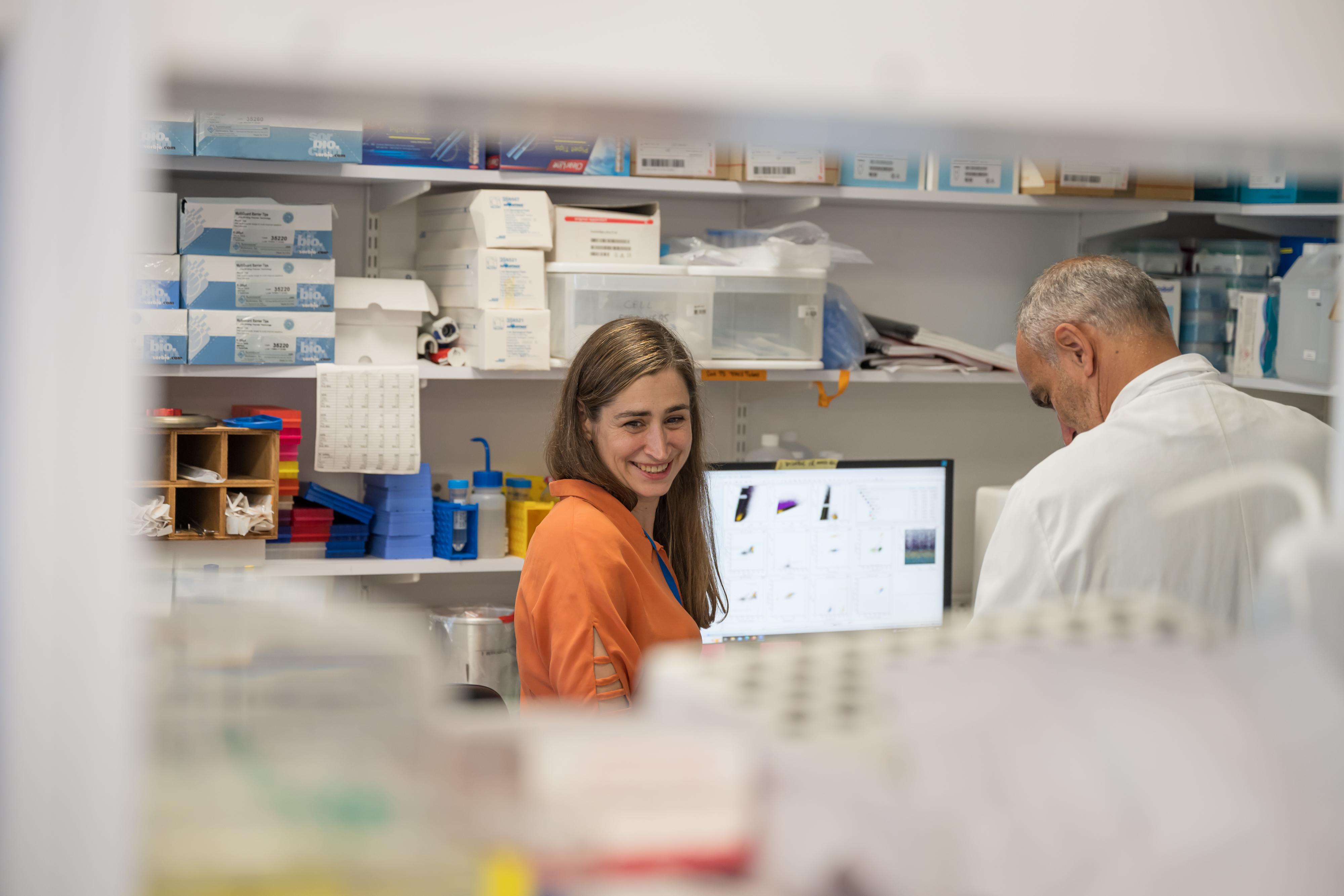Despite the risk of fetal malformation, too many women become pregnant with Soriatane. Almost 700 pregnancies have occurred since 2007.

France is definitely struggling to enforce prescription drug restrictions … While the dispensing of Soriatane (acitretin) is subject to strict conditions, too few women and health professionals respect them.
Pregnancy tests, in particular, are not carried out sufficiently. However, this treatment, indicated in severe dermatological conditions, is a powerful teratogenic agent. The National Medicines Safety Agency (ANSM) is alarmed by this carelessness in an impact study.
Nearly 700 pregnancies
Acitretin is a retinoid indicated in three disabling skin diseases: severe psoriasis, skin diseases associated with keratinization disorder, and severe forms of lichen planus. The molecule is effective but highly teratogenic. It is estimated that 25% of pregnancies carried out under treatment will result in malformations.
However, between 2007 and 2015, 694 pregnancies occurred in women treated with Soriatane, according to health insurance data. The drug has been the subject of a Pregnancy Prevention Program since 2012 and has been gradually limited (see box).
But more than 100 pregnancies have started after the latest wave of restrictions from the ANSM, which occurred in 2014. It is a sign that the rules are not being respected. This is confirmed by the monitoring of 10,000 patients treated with acitretin.

Too few pregnancy tests
Before starting a Soriatane treatment, women must undergo a pregnancy test. This must be done within three days of initiating treatment or renewing the prescription. If the result is positive, the treatment is stopped.
But only 37% of patients take this test before seeing their doctor. It is better than in 2007, date of the last study, but it remains largely insufficient. “It is not acceptable that currently a woman exposed to Soriatane begins a pregnancy in view of the risks involved,” says the ANSM.
Dermatologists respect this rule a little better: they are 53% to require a pregnancy test, against 12% of general practitioners. But this last observation raises another problem. The latter do not have the right to initiate a prescription for acitretin. And this, since February 2014. Despite this ban, 20% of general practitioners continue to start treatment.
Worrisome precedents
The ANSM therefore recalls the rules for the umpteenth time and asks health professionals to respect them without deviation. She also stresses that Soriatane “should only be prescribed when treatment is essential and without any possible alternative. “It must be said that the risks for the baby are major.
Children exposed to the drug are at high risk of abnormalities of the central nervous system, the cardiovascular system or even the parathyroid glands. They are also more likely to suffer from cleft palates, abnormalities of the outer ear or facial dysmorphism.
But these risks are obviously not sufficient to convince caregivers and their patients. The authorities have the same difficulties in enforcing the rules for other highly teratogenic drugs. One in two women does not comply with the conditions for obtaining isotretinoin (Roaccutane, Curacne), indicated against acne. Likewise, 14,000 pregnancies took place under valproic acid (Dépakine, Dépakote) between 2007 and 2014.
Strict prescription rules
The Reference Center on Teratogenic Agents (CRAT) leaves no doubt on the subject: no pregnancy should take place under Soriatane (acitretin). In order to avoid it, the health authorities have subjected the prescription of this molecule to a complex and strict process. Only dermatologists can initiate treatment.
The prescription must be renewed every month and a check-up appointment with the specialist is mandatory for each year of treatment. Pharmacists are also subject to restrictions. They can only dispense the medicine within a week of the prescription.
In the absence of a negative pregnancy test, doctors must refuse to issue the prescription and pharmacists cannot dispense the drug. This information is entered in the notebook given to each patient at the start of treatment, to be presented at each interview with a healthcare professional.
Patients should also exercise caution after stopping treatment. A pregnancy test is required at the start of the treatment and every month as long as it lasts. After its interruption, a follow-up test is required within two months, then regularly for three years. A precautionary measure justified by the risk of accumulation of the molecule in adipose tissue and of release during this period.
Finally, alcohol consumption is prohibited during treatment and within 2 months after stopping. Indeed, the formation of a teratogenic metabolite is favored by alcohol intake. It is also forbidden to donate blood up to 3 years after the end of treatment.
.
















